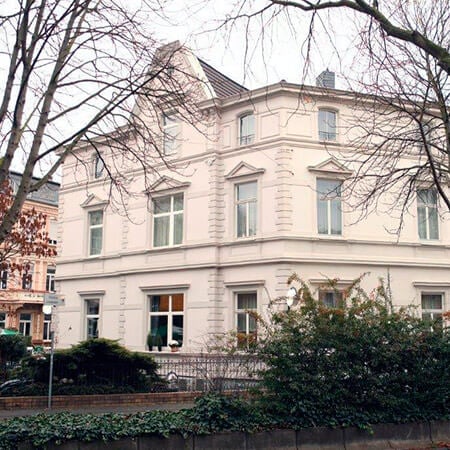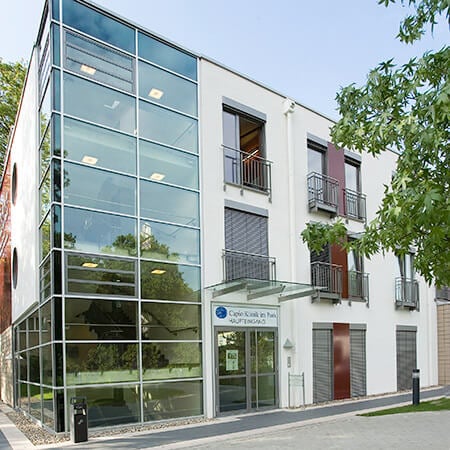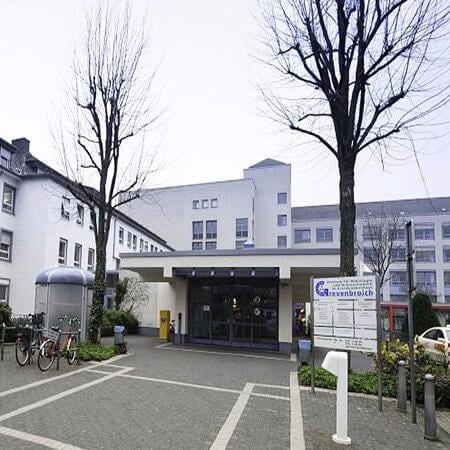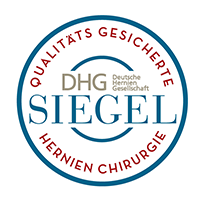Lymphedema is a lymphatic swelling that leads to a slow but constant increase in the volume of tissues with impaired lymph circulation. In a long progression of the disease, the altered part of the body can reach gigantic proportions. Lymphedema can be caused by previous injuries, surgery, radiation therapy, inflammation of the lymph nodes and blood vessels. Doctors can use conservative methods to curb the development of the disease in the early stages, but, to achieve a sustainable result, patients with lymphostasis require surgical treatment.
Content
- Conservative treatment
- Surgical interventions
Vascular surgeons prefer drainage operations whenever possible: they create new ways of outflow of lymph from the lymph nodes or lymphatic vessels, usually into the patient's veins. Resection operations are less commonly performed.
You can undergo your treatment in one of the following hospitals: Clinic Dr. Brenner Bonn, Capio Clinic im Park for Innovational Phlebology Hilden, or Hospital St. Elisabeth Grevenbroich.
The Booking Health company will take care of all your travel arrangements. We will help you to select a vascular surgeon and a clinic, tell you about possible treatments, arrange an urgent appointment with a doctor, help you to get a visa, take care of airline tickets and transfers, and control the cost of medical services. An interpreter will accompany you at the clinic, and a personal medical coordinator will be in touch with you for any questions that may arise.
Conservative treatment
In patients with mild lymphedema, in most cases, conservative treatment methods help to solve the problem or at least prevent the progression of the disease. These are provided constantly and are also required for patients who are treated with the help of surgical operations.
Drug therapy includes the intake of the following medications:
- diuretics to reduce tissue swelling;
- venotonic agents;
- enzymes;
- medicines to improve microcirculation.
Most medications are not very effective. They relieve symptoms, but do not slow the progression of lymphedema. Non-pharmacological measures are more effective. Patients are recommended for their lifestyle modification: one should not stand or sit for a long time, if possible, it is worth keeping the limbs in the cold, and edematous limbs should be above the level of the body as much as possible.
Non-drug therapy includes:
- compression knitwear or elastic bandaging;
- therapeutic exercises;
- cold applications to the edematous parts of the body;
- lymphatic drainage procedures;
- physical training to strengthen the muscles of the legs.
Surgical interventions
Many surgical options have been developed for lymphedema. They are divided into drainage (providing lymphatic efflux) and resection (involving tissue removal). Surgical interventions can be aimed at:
- lymph drainage to the unaffected areas;
- lymph evacuation from the suprafascial lymphatic pathways to the subfascial ones;
- creation of a new anastomosis between lymphatic vessels and veins;
- provision of the outflow of lymph into the retroperitoneal space;
- liposuction (subcutaneous fat removal) to normalize the perimeter of the extremities (requires subsequent use of compression to prevent repeated extremity enlargement).
Doctors often resort to the formation of artificial anastomoses for the treatment of lymphoedema in Germany. Lymphatic vessels can be connected to a normal vein (lymphaticovenular bypass surgery). In the future, the fluid will be evacuated through the vein, so this does not accumulate in soft tissues. This is a microsurgical operation, during which doctors have to suture blood vessels together. Typically, the anastomosis is end-to-end, but if the vein is thin (less than 0.5 cm), an end-to-side anastomosis may be required. During a single operation, a doctor can make several such anastomoses.
Lymph outflow tracts can also be formed from the lymph node. In this case, a single anastomosis is sufficient. Doctors choose the strongest node with minimal cicatricial changes. If there is none in the area of the operated lymph node basin, doctors perform vascularized lymph node transfer surgery.
Resection operations are more traumatic, and therefore they are used less frequently. Such interventions can be performed for severe lymphedema. Doctors remove enlarged tissue. This operation can complement drainage interventions. Resection operations are especially effective for arm lymphostasis, for example, after surgery to remove the mammary gland with lymph nodes due to cancer. Nonetheless, the results for lower extremity lesions are worse. The surgical intervention does not mean solving the problem of lymphostasis once and for all. In the future, a patient may require lifelong use of compression therapy.
You can undergo your diagnostics, treatment and rehabilitation for lymphedema in Germany. Doctors solve this problem using a minimally traumatic method whenever possible, achieving good functional and aesthetic outcomes. The Booking Health website offers prices at various German hospitals. You can compare them in different medical centers to make your treatment appointment at the best price. Your expenses will be lower due to the lack of additional fees for foreign patients. The initial cost will not increase even if additional procedures are required because when making your treatment appointment at a hospital through our service, you will receive an insurance: it will cover all unforeseen medical expenses. The Booking Health specialists will help you to find the most suitable clinics in Germany and fully organize your trip.
Authors:
This article was edited by medical experts, board-certified doctors Dr. Nadezhda Ivanisova, and Dr. Bohdan Mykhalniuk. For the treatment of the conditions referred to in the article, you must consult a doctor; the information in the article is not intended for self-medication!
Our editorial policy, which details our commitment to accuracy and transparency, is available here. Click this link to review our policies.
Sources:
Medscape
The Lancet











